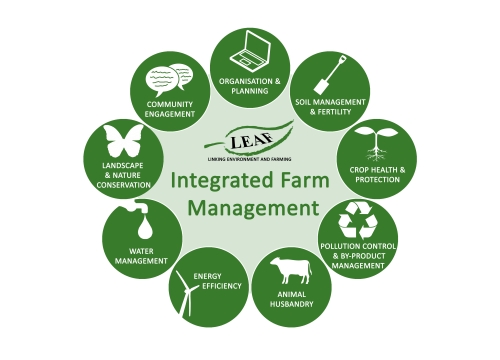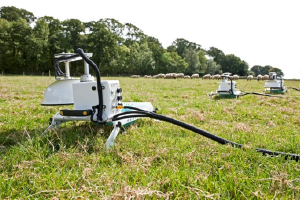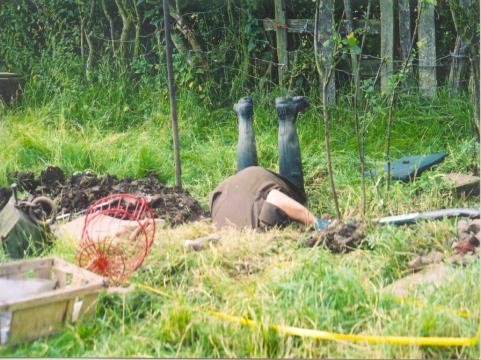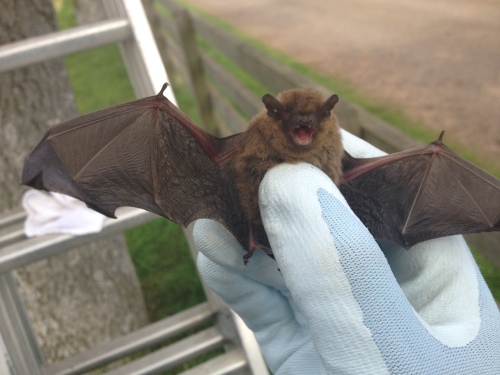 ARTIS provides training to growers, farmers and managers in the food supply chain to boost productivity through applying the latest agri-tech knowledge and research. Earlier this year, they teamed up with LEAF and hosted a course at JSR Farming Ltd, a LEAF Demonstration Farm which introduced some of the farm’s soil management practices and included a farm tour led by Andy Morton, Assistant Arable Farms Manager at JSR Farms Ltd. Here, Andy shares his thoughts on the day and how it has helped him put soil science into practice …
ARTIS provides training to growers, farmers and managers in the food supply chain to boost productivity through applying the latest agri-tech knowledge and research. Earlier this year, they teamed up with LEAF and hosted a course at JSR Farming Ltd, a LEAF Demonstration Farm which introduced some of the farm’s soil management practices and included a farm tour led by Andy Morton, Assistant Arable Farms Manager at JSR Farms Ltd. Here, Andy shares his thoughts on the day and how it has helped him put soil science into practice …
 Over the last year, I had heard a lot about soil management from a structural and conditioning point of view. This course was different. What appealed to me was its focus on the science behind soil management – the ‘why’ rather than the ‘how’. I thought I knew quite a bit about soil but this took me to quite another level! It really drilled down into the specifics, looking at the soil profile in terms of bacteria, fungi, microscopic species and how different cultivation systems effect the biological diversity of the soil.
Over the last year, I had heard a lot about soil management from a structural and conditioning point of view. This course was different. What appealed to me was its focus on the science behind soil management – the ‘why’ rather than the ‘how’. I thought I knew quite a bit about soil but this took me to quite another level! It really drilled down into the specifics, looking at the soil profile in terms of bacteria, fungi, microscopic species and how different cultivation systems effect the biological diversity of the soil.
Another key focus of the course was soil organic matter. As a business, we apply a lot of organic manure and it was great to get a more in-depth perspective on what benefits this has and how to optimise its use. For example, we learnt how carbon provides energy for the soil biology to work off and how organic manure can improve the porosity of the soil by opening up structure.
 The course really made me think about how we could target our organic manure applications more accurately and start to build a better picture of how our fields are performing through, for example, mapping particular zones in fields and correlating this with percentages of soil organic matter and yield data. I have also been thinking about our cultivations and the importance of continually questioning whether we are doing the right thing. For example, we talked about the environmental and cost benefits of a direct drilling system to maintaining the diversity of soil biology which could, in turn, reduce cultivations as the soil is much easier to manipulate. This ‘attention to detail’ approach is all part of LEAF’s Integrated Farm Management so it was good to focus in on specifics.
The course really made me think about how we could target our organic manure applications more accurately and start to build a better picture of how our fields are performing through, for example, mapping particular zones in fields and correlating this with percentages of soil organic matter and yield data. I have also been thinking about our cultivations and the importance of continually questioning whether we are doing the right thing. For example, we talked about the environmental and cost benefits of a direct drilling system to maintaining the diversity of soil biology which could, in turn, reduce cultivations as the soil is much easier to manipulate. This ‘attention to detail’ approach is all part of LEAF’s Integrated Farm Management so it was good to focus in on specifics.
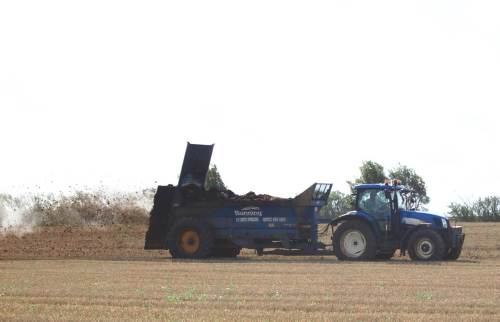 With some 90% of food produced globally being grown from the soil and two thirds of global food production lost to pests or disease, it is our job as farmers to ensure we protect, nourish and enhance this precious resource, now and for future generations. I look forward to building on the insights, knowledge and expertise I gained from this hugely valuable training course.
With some 90% of food produced globally being grown from the soil and two thirds of global food production lost to pests or disease, it is our job as farmers to ensure we protect, nourish and enhance this precious resource, now and for future generations. I look forward to building on the insights, knowledge and expertise I gained from this hugely valuable training course.
LEAF provides practical guidance on sustainable soil management, based around the principles of Integrated Farm Management. Click here to find out more.
ARTIS provide a range of training courses aimed at developing practical skills through to translating science and research into on-farm practices. Find out more here







